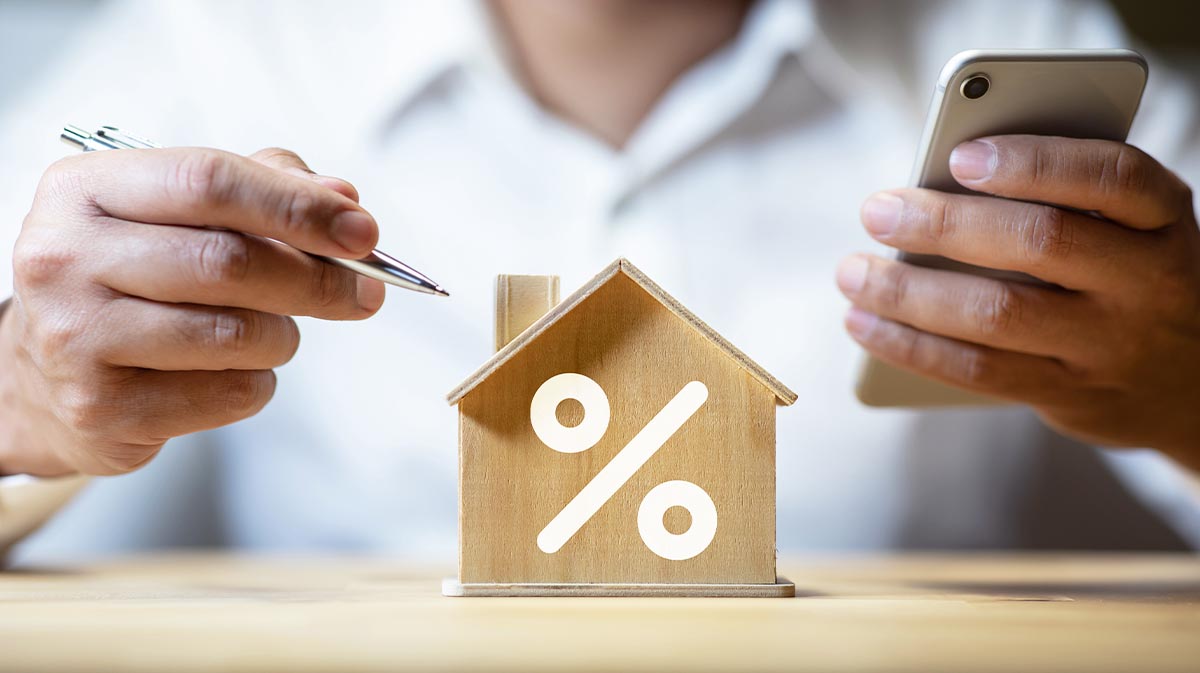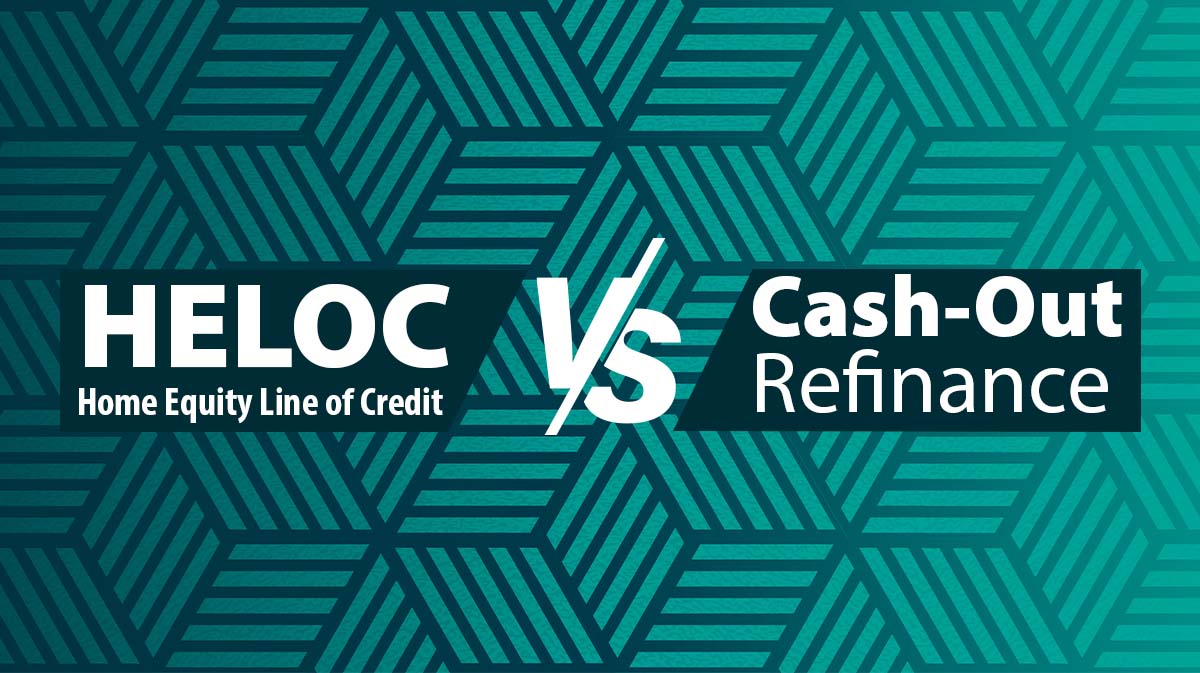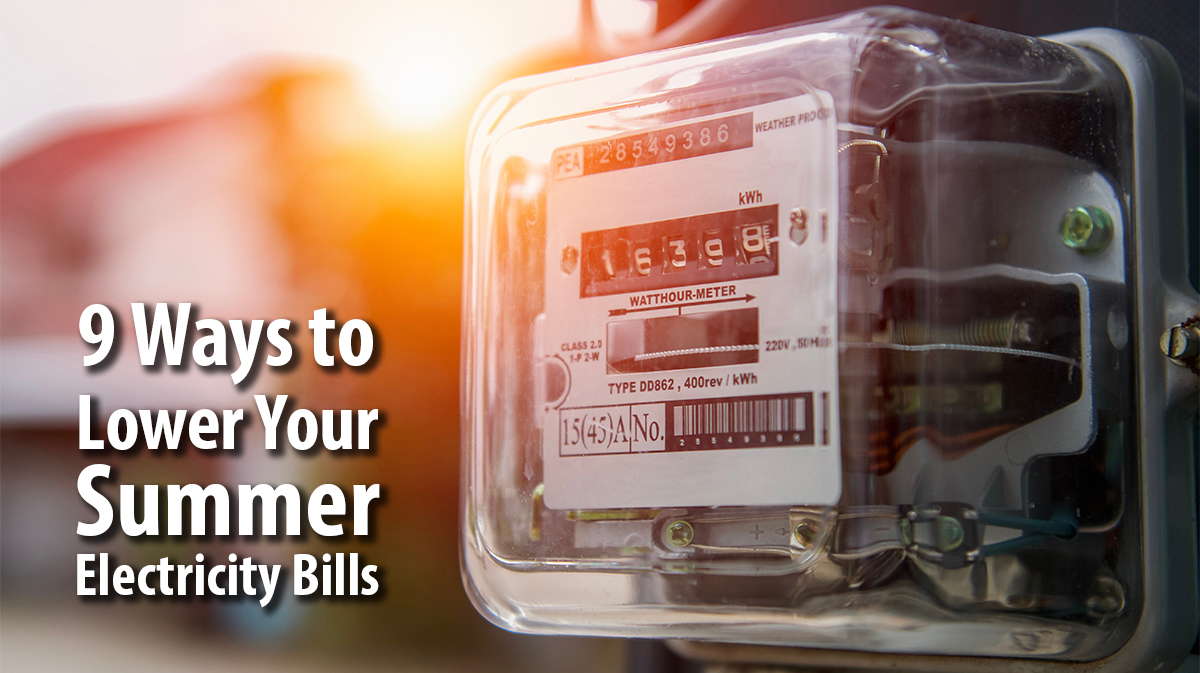Our Latest Blog

6 Ways to Save Money on Your Mortgage
Being strategic can help you save money on your mortgage. Buying a home is the largest investment that most Americans make in their lifetime. Your mortgage will potentially be a part of your financial plan for the next 30 years. Understanding how to get the best deal on your home loan and knowing the money-saving options available to you is key to making smart financial moves. Take some or all of these 6 steps to save money on your mortgage: 1. Build Your Credit Score Before Applying You can save money on your mortgage by raising your credit score before you apply for a home loan. A minimum 620 credit score is needed to qualify for a conventional mortgage. However, if your credit score is at or above 740, you will have access to the best rate pricing on the market for your mortgage. Mortgage rates are calculated by a number of financial factors that determine the potential risk an investor takes during the loan term. Having an excellent credit history and score allows you to access a better interest rate on your loan. Your responsible use of credit allows you to save money on your mortgage by showing that

How to Get the Best Mortgage Rate in Texas
How can you get the best mortgage rate in Texas? When shopping for a mortgage, comparing interest rates is the primary way that homeowners and home buyers choose a mortgage. This can be a way to compare the total cost of the loan. Your interest rate is customized to the type of loan, loan term, loan amount, and a few other financial factors. Getting the best mortgage rate in Texas involves a combination of choosing the right lender and making some smart financial moves. With some helpful knowledge of how interest rate pricing works, you can find a great lender and get the best mortgage rate on your loan. Let’s take a closer look at how to get the best mortgage rate in Texas: Comparing Apples to Apples Don’t just look at advertised mortgage rates online, get a custom quote from potential lenders. Interest rates change daily based on the market. They can even fluctuate during the day, while the market is open. Advertised mortgage interest rates can give you a general estimate of what could be available on the market, but it’s not a quote. Mortgages are as unique as your fingerprint. Each mortgage loan is structured to the

Seller-Paid Rate Buy down: Strengthening Your Offer
A seller-paid rate buy down is an option that not many home buyers know about. This type of concession can be a win-win scenario for both buyer and seller. Including this request in your offer will strengthen your offer while making your potential monthly mortgage payments more affordable. In this unique moment in the housing market, home prices have risen and the FED’s decisions to raise interest rates has impacted the mortgage market. Affordability for home buyers is being stretched thin. This clever financing tactic could be a valuable tool for home buyers in today’s market. Let’s take a look at what a Seller-Paid Rate Buy Down is and how it can strengthen your offer to buy a home: What is a seller-paid rate buy down? It is making an offer with a higher home purchase price, in exchange for seller-paid points to buy down the interest rate on the mortgage loan. A number of mortgage programs allow some flexibility with the use of seller-paid closing costs. When a seller accepts an offer that includes seller-paid closing costs, they are conceding to trade a portion of the profit of the sale of their home to help the buyer with the

HELOC vs. Cash Out Refinance
What are the differences in a HELOC vs. Cash Out Refinance? Utilizing your home equity can be a good financial solution for many homeowners. If you have owned a home in Texas for at least a few years, you likely hold equity in your home. There are two popular loan options for accessing your equity. A Home Equity Line of Credit and a Cash-Out Refinance loan a structured differently, but both allow you to use your home equity. Comparing a HELOC vs. a Cash Out Refinance should involve an analysis of what type of loan works best for your needs. The type of lien, loan repayment, interest rate options, and other differences in these loans can help you decide which type of home equity loan you want. Let’s take a look at the differences between a HELOC and Cash-Out Refinance: Property Type: HELOC loans can only be used for your primary residence. Cash-Out Refinance loans can be utilized to access the equity in your primary residence, a second home (vacation), or an investment property. Lien Type: A home equity line of credit is a type of second mortgage. Which means that it is a second lien on your primary residence.

How long does it take to get a Cash Out Refinance?
If you are looking to access the equity in your home, you may be wondering about the timing of this process. How long it takes to get a cash out refinance depends on a few factors. Your application, submitting documents, appraisal, and the federal mortgage lending guidelines all play a role in the timing of a cash out refinance. At TexasLending.com we often close cash out refinance loans in as little as 21 days. Our goal is to make your cash out refinance experience as quick and seamless as possible. However, in some cases there are potential delays that can add a few days to the loan timeline. Let’s take a look at the timing of each step in the cash out mortgage refinance process: The Application Time Estimate (10-20 minutes) You can complete a mortgage application through an online application or by phone with one of our licensed mortgage consultants. The initial mortgage application should require a few minutes to gather information about your credit, current mortgage, estimated home value, income, and refinance goals. A good way to save time in the future is to ask any questions you may have upfront. Now is a good time to inquire

Home Buying for Remote Workers
There are more opportunities to work remotely than ever before. Which means that a number of potential home buyers are looking for the perfect combination of home, and home office space. Remote work is changing the way many people approach buying and selling homes. There are a few specific needs that remote workers have for a home. However, there can also be some potential advantages of looking for a home to buy as a remote worker. The location of the home, services available to the home, and the layout of the home should all be considered. Let’s take a look at the unique perspective of home buying for remote workers: The Home Office As a remote worker, your home is not just your place to relax and spend time making memories with your family. Finding a house that supports a productive work environment is essential to your career. Some of the potential “must haves” at the top of your home search list as a remote worker are listed below. Home Search Checklist for Remote Workers: Access to reliable WiFi connection Good reception to mobile service Dedicated home office space Relatively quiet In a low-traffic area of the house Has good

9 Ways to Lower Your Summer Electricity Bills
Looking for ideas to lower the cost of your summer electricity bills is smart. The summer heat can easily burn up your budget with high energy bills. Increasing the efficiency of the systems in your home, practicing some energy conservation, and updating some features of your home can help to save you money. In the Texas summer we experience some very hot days. With multiple days of temperatures above one hundred degrees Fahrenheit, it’s important to take care of your health and safety in the heat. That can mean taking care of your home and making sure that it is running efficiently. Let’s take a look at some of the best ways to save on your summer energy bills: Energy Efficiency to Lower Your Summer Electricity Bills Using your energy efficiently is the best way to reduce your summer electricity bills. Keeping the cool air inside your home and the warm air out is about more than just your AC unit. Some upgrades, maintenance, and thoughtful habits can increase energy efficiency in your home. Don’t forget that the IRS offers tax credits for making some of these energy efficiency upgrades to your home. 1. Have you HVAC Serviced Making sure

Are We in a Housing Bubble?
There is talk going around that we are currently in a Housing Bubble. In recent years home values have risen at a record-setting pace. Concerns about inflation and a potential recession have some people worried that home values are going to suddenly drop. This is a fear that we would like to put to rest, with an in-depth look at the current market conditions. The outlook in the housing market today is quite different from the market that played a significant role in the “great recession” of 2008. In addition to the legislation that established the CFPB and put in place the Frank-Dodd Act to protect home buyers and homeowners in 2010, the housing industry today looks quite different from the last housing bubble. Let’s take a look at what a housing bubble is and how we can be sure that we are not currently in one: What is a housing bubble? A “Housing Bubble” is described as the over inflation of home values that results in a market crash at a particular breaking point in the economy. In 2008 the primary reason for the crash in the housing market was due to primarily to sub-prime mortgage lending. Banks extended

